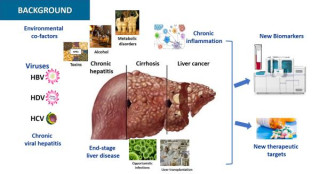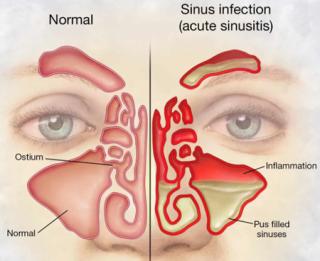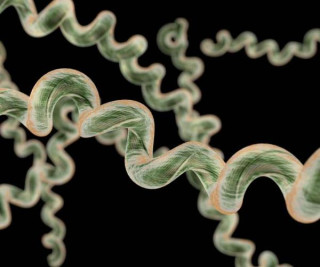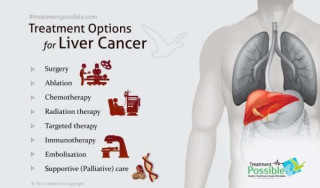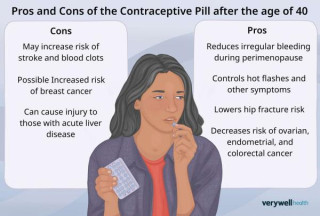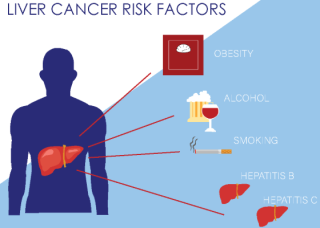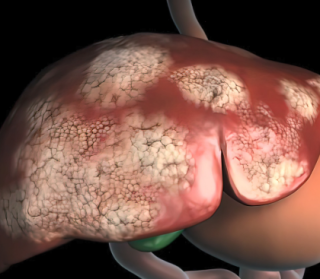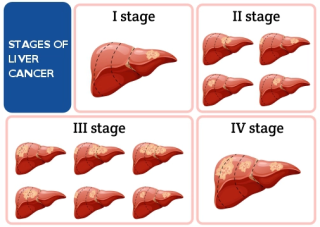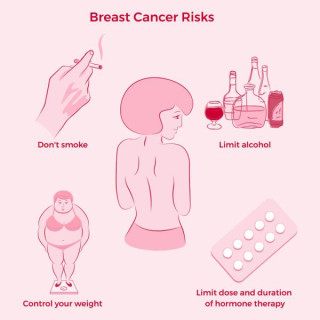Unraveling the Connection: Viral Hepatitis and Liver Cancer Riskcreated at May 04, 2009 1,400 1,400 Chronic infection with hepatitis B (HBV) and hepatitis C (HCV) viruses are major risk factors for liver cancer, |
Exploring the Rise in Sinusitis: Understanding the Factors Behind the Increaseupdated at Nov 08, 2025 1,409 1,409 The Alarming Increase in Sinusitis CasesIn recent years, |
Decoding Lyme Disease Diagnosis: Unraveling the Mysteryupdated at Nov 08, 2025 1,561 1,561 The Diagnostic Dilemma of Lyme DiseaseDiagnosing Lyme disease is notoriously complex and frustrating, |
Unveiling the Link: Anabolic Steroids and Liver Cancer Riskupdated at Nov 30, 2024 1,338 1,338 Studies have shown a link between anabolic steroid use and an increased risk of liver cancer, |
Treatment for Liver Cancer? What should I ask?created at May 04, 2009 1,236 1,236 When discussing liver cancer treatment options with a healthcare professional, |
The Silent Threat: Arsenic and its Link to Liver Cancercreated at May 04, 2009 1,291 1,291 Arsenic, |
Exploring the Relationship Between Birth Control Pills and Liver Cancer Riskcreated at May 04, 2009 1,293 1,293 Studies have shown a slightly increased risk of developing liver cancer in women who use oral contraceptives, |
Understanding the Link: Vinyl Chloride, updated at Nov 13, 2025 |
Understanding the Link: Cirrhosis and Liver Cancer Riskupdated at Nov 29, 2024 1,602 1,602 Cirrhosis, |
Aflatoxin: Unveiling the Hidden Threat to Liver Healthupdated at Nov 08, 2025 1,437 1,437 Aflatoxins are potent mycotoxins produced by certain Aspergillus fungi species, |
Demystifying Liver Cancer: Understanding the Basicscreated at May 04, 2009 1,328 1,328 Liver cancer, |
Understanding Your Risk: How Likely Are You to Get Breast Cancer?created at May 03, 2009 1,323 1,323 Your risk of developing breast cancer depends on many factors, |
